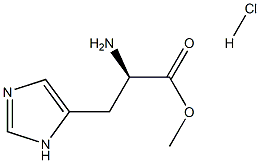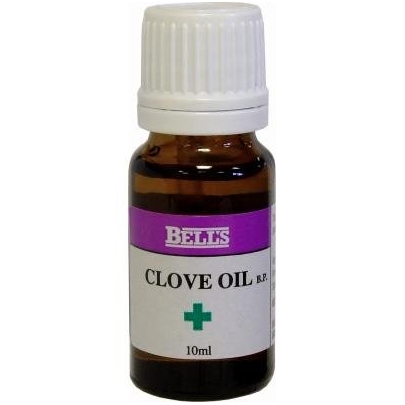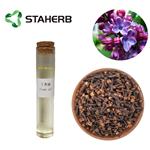
Clove oil
- Product NameClove oil
- CAS8000-34-8
- CBNumberCB8286611
- MFC7H12ClN3O2
- MW205.64208
- EINECS616-772-2
- MDL NumberMFCD00130815
- MOL File8000-34-8.mol
Chemical Properties
| Boiling point | 251 °C(lit.) |
| Density | 1.05 g/mL at 25 °C |
| refractive index | n |
| FEMA | 2323 | CLOVE BUD OIL (EUGENIA SPP.) |
| Flash point | >230 °F |
| form | Liquid |
| color | Yellow |
| Odor | at 100.00 %. spicy aromatic woody balsamic minty peppery phenolic powdery |
| Odor Type | spicy |
| optical activity | [α]20/D 1.50 to 0.0°, neat |
| Evaporation Rate | >1 |
| Water Solubility | Insoluble in water |
| Merck | 13,2443 |
| Stability | Stable. Probably combustible. |
| InChI | InChI=1/C7H11N3O2.ClH/c1-12-7(11)6(8)2-5-3-9-4-10-5;/h3-4,6H,2,8H2,1H3,(H,9,10);1H/t6-;/s3 |
| InChIKey | VEEIFXWJNCAVEQ-UZHXKHNSNA-N |
| SMILES | C(OC)(=O)[C@H](N)CC1NC=NC=1.[H]Cl |&1:4,r| |
| Substances Added to Food (formerly EAFUS) | CLOVE BUD, OIL (EUGENIA SPP.) |
Safety
| Symbol(GHS) |

|
| Signal word | Warning |
| Hazard statements | H315-H319-H335 |
| Precautionary statements | P261-P305+P351+P338 |
| Hazard Codes | Xn,Xi |
| Risk Statements | 36/37/38-21/22 |
| Safety Statements | 26-36 |
| WGK Germany | 3 |
| RTECS | GF6900000 |



